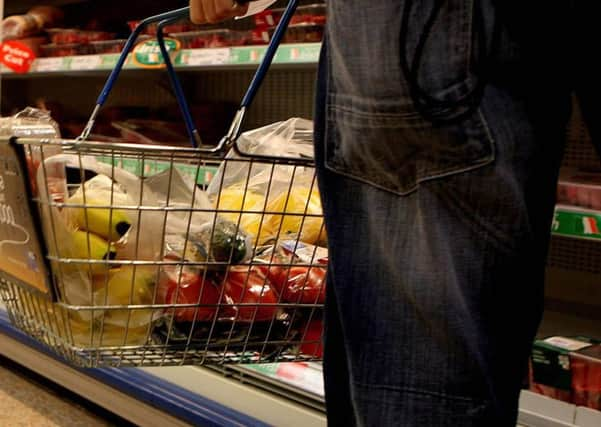Deal may mean yes, we have no bananas (at least no curvy ones)


The UK/NI is making the concession of the backstop to EU/Ireland as requested (or was it demanded?), but in return, we are owed something that does not cut us off from our main market (GB accounting for circa 55% of our external sales, according to the NI Statistics and Research Agency).
The DUP rightly fought to insert a new Article 50 into the December 2017 Joint Report, to ensure NI’s main trading route (with GB) was unfettered.
Advertisement
Hide AdAdvertisement
Hide AdYet the PM’s Withdrawal Agreement only seems to reflect the EU’s Article 49 of that agreement, which sees NI getting “deeper provisions on EU customs and regulations” than the rest of the UK – in turn creating a “standards border” in the Irish Sea.


This could see Lisburn consumers denied cheaper, non-EU compliant (curvy), Jamaican bananas that consumers in Liverpool can enjoy after the UK sets up its new free trade agreement with Jamaica.
And it’s not just supermarket goods coming in to NI that will be subject to EU standards checks. The majority of our non-agri manufacturers bring in components from GB and then “export” the finished products back to GB.
If their GB-sourced components don’t meet EU standards, our manufacturers won’t be allowed to bring these components in.
Advertisement
Hide AdAdvertisement
Hide AdOur products will be marked up through higher component costs, which will lead to lost market shares for our manufacturers in by far our largest market.
If that’s not enough, here’s the really big risk – what happens next to NI’s trading status?
The hardline Brexiteers are incandescent with rage that the UK will be trapped in the backstop until the EU lets us out, either via a free trade agreement or with some other solution that keeps our land border frictionless.
As today’s Spectator observes “the future deal will end up looking a lot like the backstop unless the UK ultimately accepts a customs border in the Irish Sea”.
Advertisement
Hide AdAdvertisement
Hide AdThe PM turning the UK into a vassal state will not be tolerated for long by Leavers or, indeed, Remainers.
But what happens to NI, given that EU consent is needed to lift the UK out of this vassalage? Either the EU accepts “Max Fac”, which it has already dismissed as magical thinking, or we get a customs border in the Irish Sea.
This would magnify our problem, set out above, that the “standards border” creates. Not only would we be denied the curvy West Indian bananas, but now straight and curvy bananas coming from GB will be subject to extra tariffs. And to whom will our consumers pay these tariffs/taxes (which the Brits won’t have to pay?)
To Brussels! And goods which incorporate GB components, and then go back to GB, will also be subject to EU tariffs – despite not leaving the UK. These inappropriate EU tariffs on intra-UK trade, plus potentially higher standards, could severely damage NI’s ability to export to GB, which the UK government has been claiming will be unfettered.
Advertisement
Hide AdAdvertisement
Hide AdSo, whatever we think of the current backstop – and I understand why a number of NI businesses believe it will create opportunities – it is critical we build in “facilitated customs arrangements” to carve our consumers and manufacturers out of any future EU customs charges and higher standards on inter-UK trade and consumption.
Such an arrangement would represent the correct implementation of Article 50 of the Joint Report and is the fair backstop for NI.
• Iain Lees is managing director of corporate advice firm HannawayCA Corporate Finance, and was formerly PwC director of corporate finance in Belfast for 15 years. He lives in Lisburn.